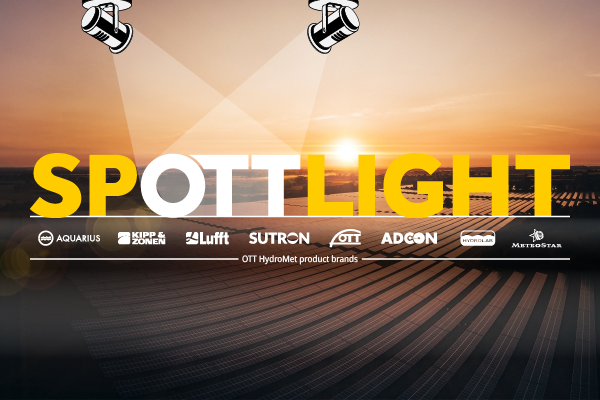Lufft road weather sensors measure important data in order to avoid accidents on motorways or other routes and belong to the Lufft product portfolio since 1999 already. In this period, several features were changed: in present times there is the NIRS31Pro-UMB working with spectroscopy instead of direct sensor contact. Now Lufft presents you the latest model of this product series with innovative technical improvement. What’s it all about you can read here…

The story of intelligent road weather information systems brings us back to the passive invasive sensor developed in 1999, which was called IRS20. It was already able to measure surface and subsurface temperatures, detect road condition as well as salinity, and display water film height. Two years later the IRS21 appeared and brought an improvement regarding water film measurement. Nevertheless the IRS31, introduced in 2007, had further advantages like measuring the water film with the help of a radar sensor. Finally, the IRS31Pro-UMB was the last version of the passive invasive road sensor and came up in the year 2013.
Another kind of road weather information system is the NIRS31-UMB which is working with spectroscopy and therefore doesn’t need to be embedded into the road –in contrast to the IRS-series. It was introduced in 2011 and is installed on road bridges in order to measure from a certain distance. As all these sensors need a fixed position to work, the road can’t be explored gapless. This is why a mobile road sensor, which is capable of examining the road condition while moving, means a real added value compared to the previous models. Lufft had been ruminating on this idea for a quite a while before it started a big project.
The challenge was to create a road sensor which should be able to measure while moving and generate comprehensive data. Now it’s time to present you the new generation of road weather information systems: the MARWIS.
MARWIS comes with huge benefits such as a smart reduction of the amount of spread salt, safe navigation of cars and buses, exact calculation of travel time, systematical elimination of so-called black holes of the weather forecast and other use with almost no limits. Furthermore it’s cost-saving, fast and handy. MARWIS measures the weather data 100 times per second directly from the vehicle and transmits the data via Bluetooth to a device like an iPad, which will be able to display and evaluate them quickly.
Its first time in public is at Intertraffic, Amsterdam between 25 and 28 March 2014. Visit MARWIS at booth 11.532 – the time is running.



